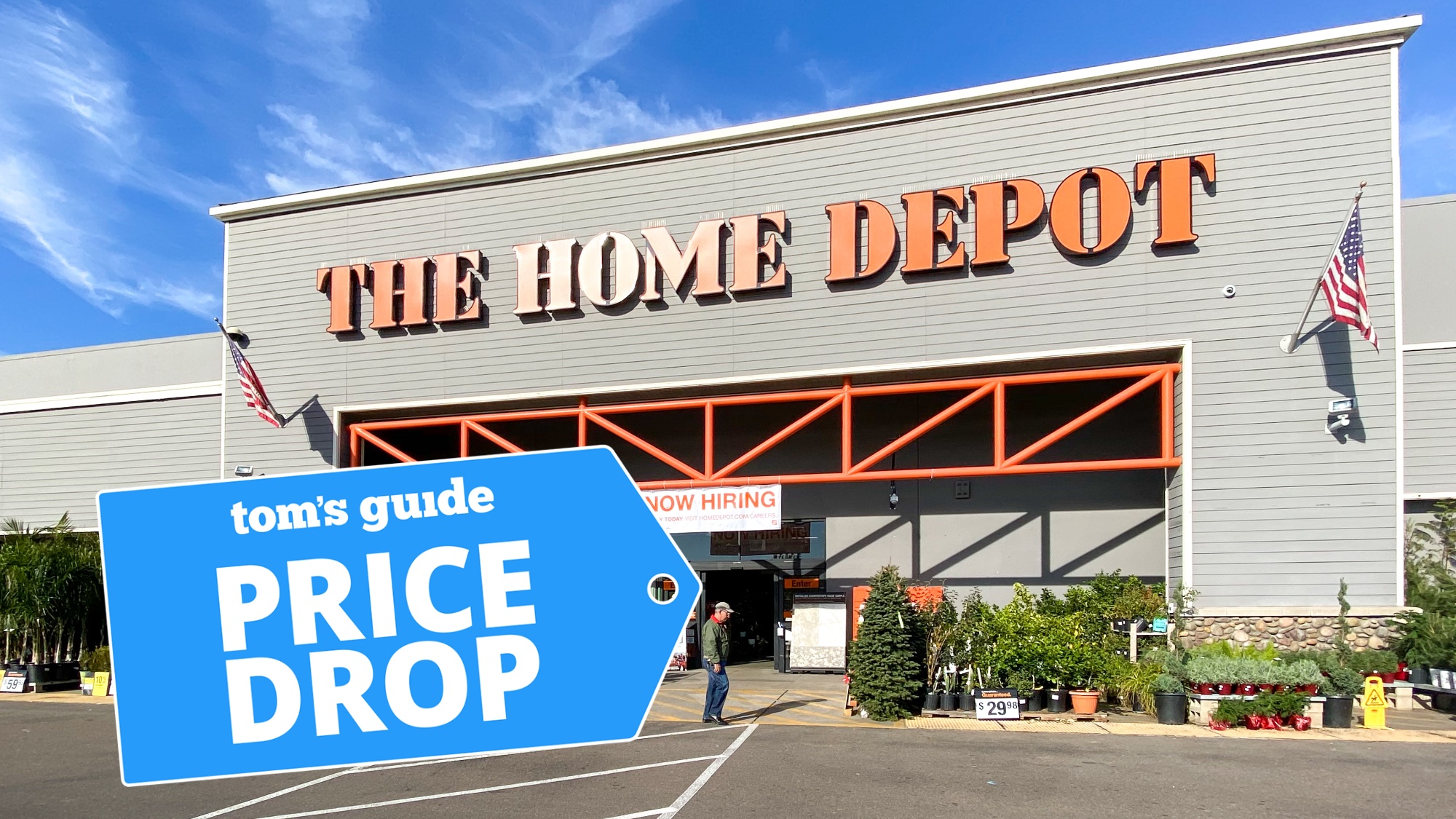Is Shein safe? Examining Shein’s privacy and security risks

The ethical concerns surrounding Shein have been discussed extensively elsewhere, so we’re zeroing in on a different question. Is Shein safe when it comes to your privacy and security? After all, how the company handles your personal information is just as important as the shopping experience itself.
In this article, we cover Shein’s data collection policies and security measures following its 2018 data breach and share tips on protecting yourself while shopping online. We also compare how Shein stacks against Temu and answer other related questions.
Is Shein safe? Key considerations
- Shein secures your data using SSL encryption within the app and while shopping through the main website.
- Like most online stores, Shein collects a hefty amount of personal and device information and may share it with various third parties.
- In 2018, Shein was involved in a significant data breach involving 39 million accounts. Its parent company claimed only 6.42 million accounts were affected. This led to a nearly $2 million fine for mishandling the situation.
- Shein has upped their cybersecurity protocols in response to the breach. They follow ISO, NIST, and PCI DSS standards to protect customer data.
How to stay safe while shopping on Shein
The Shein website and app use strong SSL encryption to protect your data, but taking extra precautions can help you stay safe on Shein more thoroughly and reliably. Here’s what we recommend.
- Get a VPN: A VPN will encrypt your network traffic outside Shein, making it unreadable to hackers and outsiders. You can stay safe on public wi-fi, and VPNs with adblock may filter any suspicious ads on Shein or phishing links. We particularly recommend NordVPN, but Surfshark and IPVanish are solid alternatives.
- Read the privacy policy: We provide a short summary of Shein’s data collection practices in the next section. However, it’s worth giving it a full read to understand your rights and protections, especially if you live outside the US.
- Watch out for phishing scams: Shein shoppers are frequently targeted by phishing emails, usually asking for personal information. Here’s how to recognize the most common online scams and what to do if you’ve fallen victim to one.
- Use manual payments: It may be convenient to save your card details for easy shopping, but any data breaches will expose your payment info to the world. A minute of typing in numbers will save you hours of talking to the bank or police later.
- Focus on password security: Create a strong password for each of your sensitive accounts, change them regularly, and never reuse passwords to minimize the damage of a data breach. Consider a password manager to keep track of everything.
- Enable two-factor authentication (2FA): It’s a good idea to use 2FA wherever payment data is concerned. That way, even if your account is involved in a data breach you have an extra line of defense ready.
- Regularly update your app and system: Hackers are regularly on the lookout for vulnerabilities to exploit and get a hold of your data. Get the latest security patches for the Shein app and your operating system to prevent any setbacks.
WANT TO TRY THE TOP VPN RISK-FREE?
NordVPN is offering a fully-featured risk-free 30-day trial if you sign up at this page. You can use the VPN rated #1 for Shein with no restrictions for a full month. Shop safely on public wi-fi and avoid phishing scams with NordVPN’s advanced Threat Protection.
There are no hidden terms—just contact support within 30 days if you decide NordVPN isn’t right for you and you’ll get a full refund. Start your NordVPN trial here.
What information does Shein collect about you?
We’ll use the US version of Shein’s privacy policy, as EU users get additional privacy protections as part of the GDPR, which don’t apply to everyone.
Here’s what data Shein collects about you:
- Profile details, including your email, password, name, and phone number.
- Shipping and billing data, such as your address, payment details, transaction history, and ID or passport data for customs clearance.
- Extra identity info for Shein’s college campus ambassador program, like school, PayPal account, and city.
- Style preference and similar profile data to personalize your experience and offer recommendations.
- Sensitive information (optional), such as body shape, personal height and weight, and chest/waist/hip circumference.
- Device information, including browser type, device identifiers, cookie data, operating system, IP address, and location data.
- Service usage data, such as likes, votes, reviews, browsing time, adding items to the cart, saving items, placing or returning orders.
Naturally, Shein can share some of this data with its corporate affiliates for business and personalization purposes, with third-party sellers to fulfill orders, and with service providers handling payments, marketing, or customer support. They may also disclose data for legal compliance or with co-branded partners.
Shein data breach
In 2018, Shein’s parent company, Zoetop, faced a major data breach that compromised the login information of 39 million Shein accounts. Hackers stole sensitive data and sold it online, including names, email addresses, passwords, and credit card details. The breach also affected Romwe, another site owned by Zoetop, with seven million accounts impacted.
Zoetop initially lied about the breach, claiming only 6.42 million Shein accounts were compromised and not alerting most affected users. In 2022, the New York Attorney General imposed a $1.9 million fine for the company’s mishandling of the situation.
In response to these issues, Shein has strengthened its approach to data privacy and security. Its U.S.-based Privacy Office enforces strict compliance with global regulations and minimizes unnecessary data collection. It also uses advanced technologies aligned with PCI DSS, ISO, and NIST standards to protect customer information.
Is Shein safer than Temu?
Shein and Temu both have privacy and security concerns, but neither is safer than the other. Shein has been involved in a data breach in the past, but Temu has its own set of privacy risks you should know about before shopping:
- Temu extensively logs your data, including identity documents and activity records. Nothing that isn’t tracked by eBay or Amazon, though.
- The company also collects device details, such as your IP address, hardware metrics, and location data.
- Temu sees any publicly available info (such as your profile photo and username) if you log in with your social accounts.
- Temu is linked to a parent company (Pinduoduo) that allegedly developed malware targeting Android devices.
- Apple once flagged the app’s privacy practices for misleading labels.
If you follow our tips to stay safe on Shein and stay alert against scammers, you shouldn’t face any issues while shopping on either platform.
Related: How safe is Temu?
Is Shein safe? FAQs
Is Shein legit?
Shein is a legitimate online retailer known for its affordable fashion, though it’s often criticized for ethical and environmental concerns. Despite controversies over its labor practices and sustainability, the platform remains popular, offering secure payments, a flexible return policy, and a broad product range.
If you’re shopping on Shein, it’s wise to read reviews, check product photos, and follow best practices for online shopping like using secure payment methods and monitoring transactions.
Is Shein from China?
While Shein is originally from Nanjing in China, the company moved its headquarters to Singapore in 2022. That said, Shein’s supply chains and warehouses are still located in China.
Is Shein still banned in India?
Over 250 Chinese apps, including Shein, have been banned in India since 2020. Shein has since returned to India, albeit indirectly, through a partnership with local Indian retailer Reliance.
Source link











